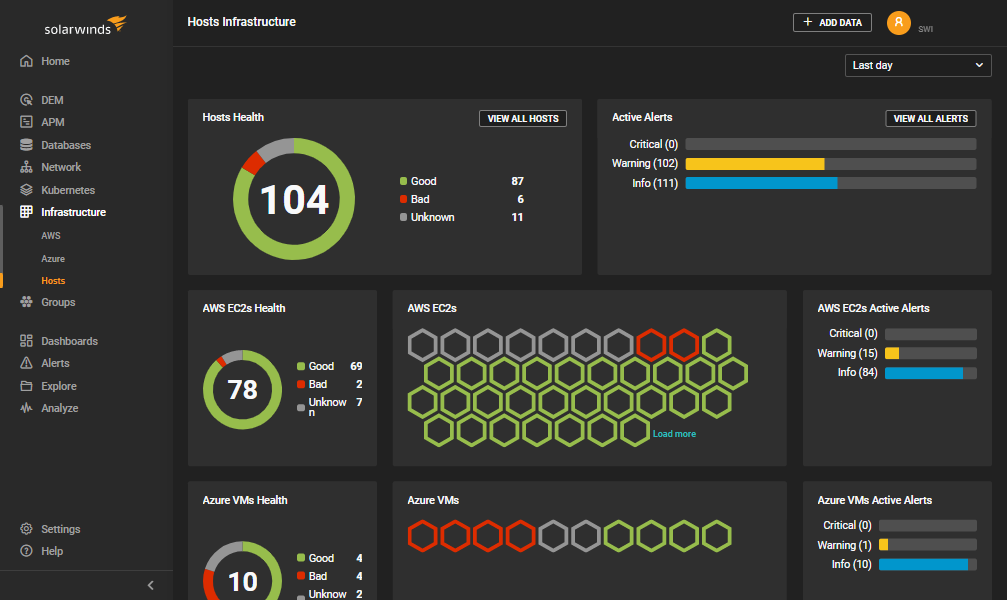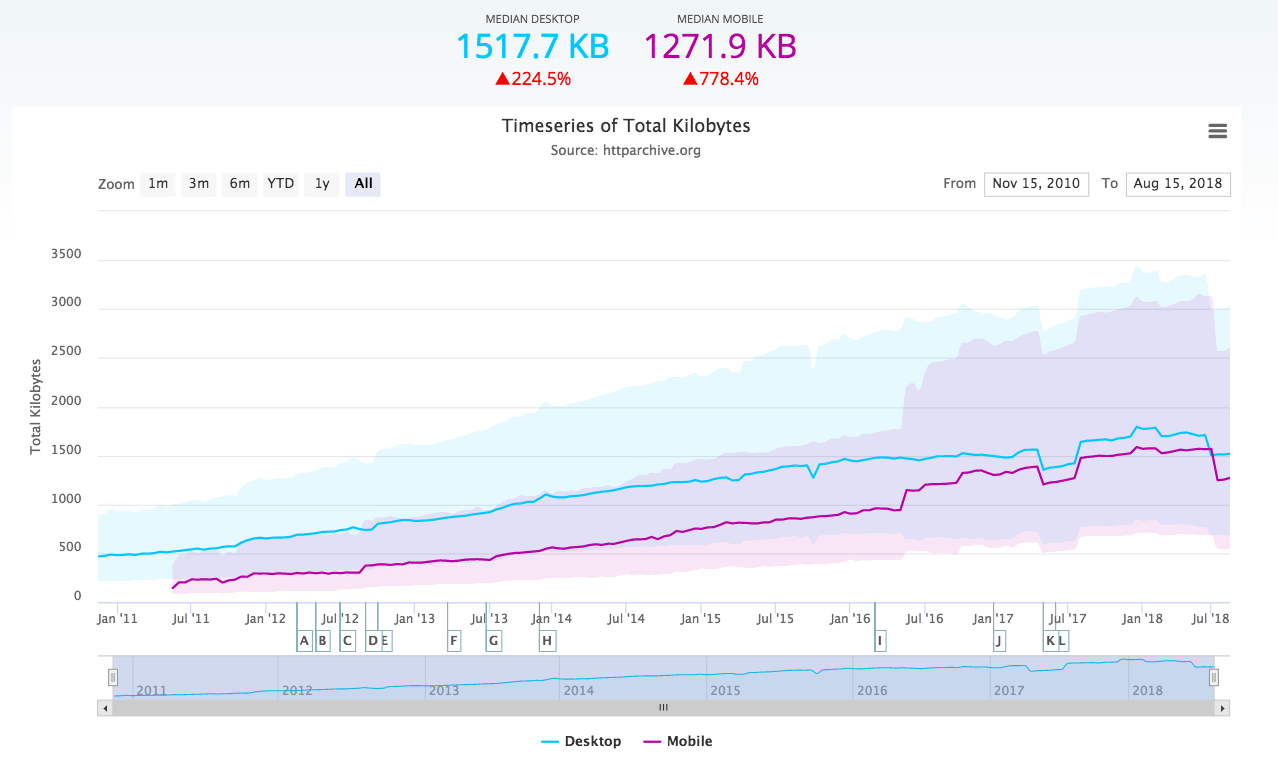10 guests every geek wants to have over for Thanksgiving dinner

 Today is Thanksgiving and although it’s primarily a North American tradition its impact reaches across the globe. The stuffed turkey dinner, Black Friday sales and other traditions associated with Thanksgiving are starting to make an appearance in many other parts of the world.
Today is Thanksgiving and although it’s primarily a North American tradition its impact reaches across the globe. The stuffed turkey dinner, Black Friday sales and other traditions associated with Thanksgiving are starting to make an appearance in many other parts of the world.
We wanted to do something a bit different for a Thanksgiving post so we thought, who would a geek want to have over for Thanksgiving dinner?
Of course we would all want different people to join us for different reasons. And yes, we tried to stick to real people.
Who would you invite? Here is our selection.






 Don’t panic
Don’t panic 
 Late last week Pingdom passed a couple of milestones and we wanted to take this opportunity to thank all of you.
Late last week Pingdom passed a couple of milestones and we wanted to take this opportunity to thank all of you. We’re excited for our U.S. readers that Google has introduced its online music service – finally. For the rest of us, we have to wait and see when we’ll be lucky enough to see Google Music’s presence where we live.
We’re excited for our U.S. readers that Google has introduced its online music service – finally. For the rest of us, we have to wait and see when we’ll be lucky enough to see Google Music’s presence where we live.

 Mobile Internet adoption and speeds are increasing across the world. Sweden is one example of a country where Internet connections – mobile as well as fixed – are plentiful and fast.
Mobile Internet adoption and speeds are increasing across the world. Sweden is one example of a country where Internet connections – mobile as well as fixed – are plentiful and fast. Since it was Father’s Day here in Sweden yesterday – yes we know it varies around the world – we thought we’d pay homage to some of the people behind the Internet as we know it today.
Since it was Father’s Day here in Sweden yesterday – yes we know it varies around the world – we thought we’d pay homage to some of the people behind the Internet as we know it today. The construction work on our new office is now in full swing. We thought it would be fun to share some before-and-after pics from the teardown of the old innards, which should give you an idea of the great potential this place has. It’s going to be completely customized for Pingdom once it’s done.
The construction work on our new office is now in full swing. We thought it would be fun to share some before-and-after pics from the teardown of the old innards, which should give you an idea of the great potential this place has. It’s going to be completely customized for Pingdom once it’s done.




 Even though consumer spending this upcoming holiday season may be
Even though consumer spending this upcoming holiday season may be 

 As you may know, we’re busy working on the next generation of Pingdom services. It’s going to be a very exciting year ahead both for us and for our users.
As you may know, we’re busy working on the next generation of Pingdom services. It’s going to be a very exciting year ahead both for us and for our users. Fourth generation or 4G mobile networks promise faster connections enabling users to do more while on the go. There’s quite some confusion about what 4G actually is and what technologies can be called 4G or not.
Fourth generation or 4G mobile networks promise faster connections enabling users to do more while on the go. There’s quite some confusion about what 4G actually is and what technologies can be called 4G or not. 



















